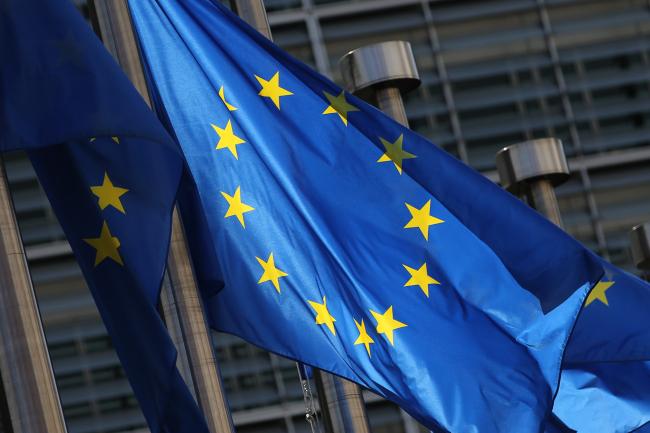(Bloomberg) -- The European Commission took a step toward meeting the financial industry’s demands for a so-called equivalence decision that would help prevent a derivatives-market rupture in a no-deal Brexit.
The decision drafted by policy makers in Brussels would ensure that London’s main clearinghouses -- units of London Stock Exchange Group (LON:LSE) Plc and Intercontinental Exchange Inc. as well as the London Metal Exchange -- could continue to serve clients in the European Union even in a disorderly divorce with no transition period.
The document seen by Bloomberg says the equivalence decision is temporary, but doesn’t specify an end date. It also sets out conditions, including the “effective exchange of information and coordination of supervisory activities” between EU and U.K. authorities. Equivalence, a judgment that a non-EU country’s rules and supervision are as robust as the EU’s, is part of the procedure the bloc uses to grant foreign firms access to the single market.
The Brussels-based commission, the EU’s executive arm, had come under increasing pressure from the swaps industry to make public the details of its plan to prevent turmoil in the multi-trillion-dollar cross-border market for derivatives. Last week, the International Swaps and Derivatives Association and three other industry groups warned that without “legal certainty” about the fix, clearinghouses “may deem it necessary to issue termination notices” later this month to the EU banks that use them.
‘Legal Certainty’
On Tuesday, ISDA said sounded an optimistic note.
“We are hopeful that a draft equivalence determination should provide the clarity and legal certainty the market has been waiting for, and should ensure EU27 participants can continue clearing at U.K. CCPs without disruption,” said Roger Cogan, head of European public policy at ISDA, referring to central counterparties.
The draft reproduces the main points from letters the commission sent to the heads of the clearinghouses in an effort to assuage their concerns. The Financial Times reported earlier on the document. A commission spokeswoman declined to comment when contacted by Bloomberg.
(Updates with ISDA comment starting in fifth paragraph.)
